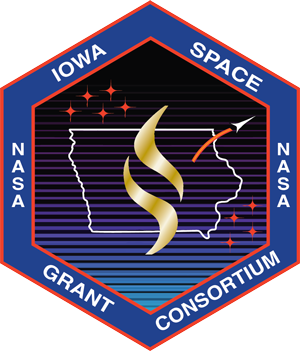My research project focuses on the use of gas-entrapping materials (GEMs) to enhance hyperthermic intraperitoneal chemotherapy (HIPEC) for ovarian cancer treatment. HIPEC, while effective, can lead to abdominal adhesions, or scar-like tissues that form between organs and the abdominal wall. These adhesions cause post-operative challenges and may result in lifelong bowel obstructions and infertility. To address this, we explore the use of carbon monoxide (CO) GEMs, delivered intraperitoneally as foams or hydrogels. CO is known for its immune-modulating effects at sublethal doses. By administering CO-GEMs during HIPEC, we aim to reduce abdominal adhesion formation in HIPEC patients. Excitingly, our novel GEMs have potential for use in a variety of fields beyond medicine. GEMs offer lightweight, flexible formulations that are well-suited for space missions. Their ease of administration, tunable gas delivery, and FDA Generally Regarded As SAFE (GRAS) matrix make it possible to store various gas types and deliver gas to biological systems over short and long-term durations. Specifically, our GEMs have been proven to hold 1 milligram gas/gram of foam highlighting their gas storage ability. Lastly, our GEMs have demonstrated wound healing in properties in preclinical models, which could be beneficial for astronauts during space travel. By leveraging GEMs, not only can we enhance HIPEC treatment, but we also provide support for space exploration.
Kyle Balk – University of Iowa
Student: Kyle Balk, Undergraduate Student in Biomedical Engineering, University of Iowa
Research Mentor: James Byrne

Effect of carbon monoxide-entrapping materials on the prevention of intra-abdominal adhesions
2024-2025, Undergraduate
